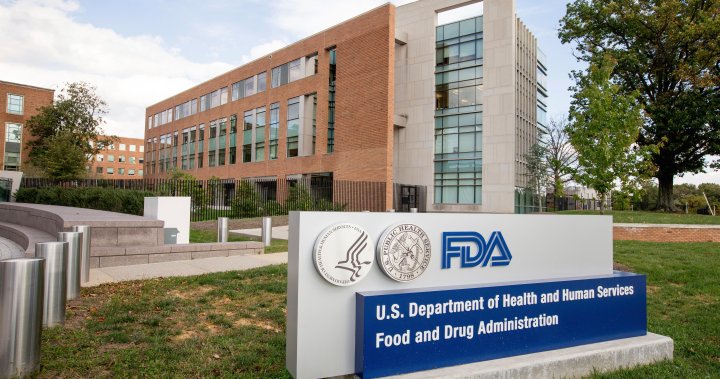
Allergy-treating nasal spray needs more research before approval: U.S. FDA
Global News
The ARS product is one of several needle-free devices being developed to treat dangerous reactions to food, insect stings and medications.
Federal regulators declined to approve a nasal spray to treat severe allergic reactions late Tuesday, calling for more research on what would have been the first alternative to injections using devices such as an EpiPen.
The U.S. Food and Drug Administration told ARS Pharmaceuticals Inc., of San Diego, that the company needs to conduct another study on repeat doses of epinephrine, a drug that halts potentially life-threating reactions, called anaphylaxis, using the company’s nasal spray device compared with injections.
The move comes four months after an FDA advisory committee recommended approval of the device, dubbed neffy. The FDA is not required to follow the committee’s recommendations, though it usually does.
Richard Lowenthal, president and chief executive of ARS, said in a statement that the company would appeal the FDA’s decision and resubmit an application in early 2024.
The ARS product is one of several needle-free devices being developed to treat dangerous reactions to food, insect stings and medications. Such a device could alter treatment for the between 33 million and 45 million Americans with severe allergies to food and other triggers.
Advocates for people with allergies said they were “frustrated” by the FDA’s request for more research.
“Our community believe this innovation would finally come to the more than 10% of Americans with life-threatening food allergies, but instead, the FDA will force us to wait even longer,” Sung Poblete, chief executive of Food Allergy Research & Education, a nonprofit group, said in a statement.

Many kids and teens are looking forward to the holidays with great excitement, but others find it a difficult time of year filled with anxiety, stress and loneliness. It’s something Alisa Simon, the chief youth officer at Kids Help Phone, says they watch for when school pauses for the winter break, noting, “we do see an increase...










